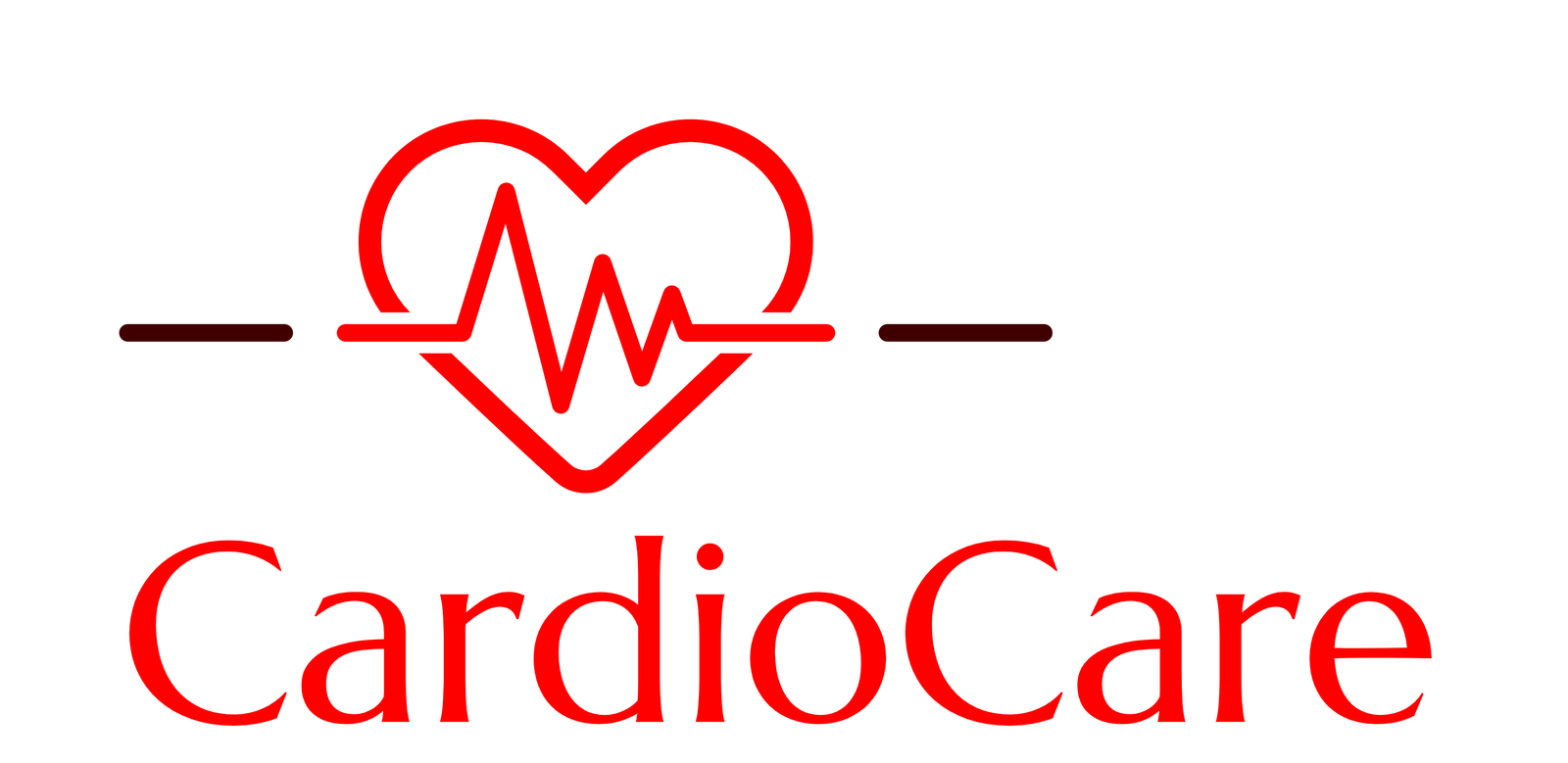Depression, a pervasive mental health disorder affecting millions globally, is often viewed as an ailment of the mind. However, recent research reveals a compelling link between depression and heart disease, suggesting that the impact of depression extends far beyond mental health. This intricate connection between the mind and heart underscores the importance of holistic health care and raises awareness about the potential cardiovascular risks associated with depression.
The Hidden Connection: How Depression Affects the Heart
Biological Pathways
Depression triggers a cascade of physiological responses that can detrimentally affect heart health. Chronic stress and anxiety, common in depressive disorders, elevate levels of cortisol and adrenaline, hormones that prepare the body for ‘fight or flight’ responses. Prolonged exposure to these hormones can lead to hypertension, increased heart rate, and inflammation, all of which are significant risk factors for heart disease.
Behavioral Factors
Individuals suffering from depression are more likely to engage in unhealthy behaviors such as smoking, excessive alcohol consumption, poor diet, and physical inactivity. These behaviors significantly increase the risk of developing cardiovascular conditions. Depression can also lead to poor adherence to medical advice and treatment plans, further exacerbating health risks.
Social and Emotional Dimensions
Depression often leads to social withdrawal and a lack of support, which are crucial for maintaining a healthy lifestyle and managing stress. The emotional burden of depression, coupled with loneliness and isolation, can contribute to the development and progression of heart disease.
Research Evidence: The Mind-Heart Link
A study published in the Journal of the American Heart Association found that individuals with depression are 64% more likely to develop coronary artery disease compared to those without depression. Another study in the European Heart Journal reported that depression is a significant predictor of adverse cardiac events in patients with existing cardiovascular conditions. These findings highlight the importance of recognizing and addressing depression as a risk factor for heart disease.
Addressing the Dual Threat: Integrated Care Approaches
Holistic Health Management
Treating depression and preventing heart disease requires a comprehensive approach that addresses both mental and physical health. Integrated care models that combine psychological therapy, lifestyle modification, and medical treatment are essential. Cognitive-behavioral therapy (CBT) has proven effective in managing depression and can also help patients adopt healthier habits that reduce cardiovascular risks.
Lifestyle Interventions
Encouraging regular physical activity, a balanced diet, and stress management techniques such as mindfulness and meditation can mitigate the effects of depression and protect heart health. These lifestyle changes not only improve mental well-being but also reduce the risk of heart disease.
Social Support and Community Engagement
Building strong social networks and engaging in community activities can provide emotional support and reduce feelings of isolation. Support groups and social activities can be particularly beneficial for individuals coping with depression and its associated health risks.
The Road Ahead: Awareness and Prevention
Raising awareness about the connection between depression and heart disease is crucial for early intervention and prevention. Health care providers should routinely screen for depression in patients with cardiovascular risk factors and vice versa. Public health campaigns can educate the public about the importance of mental health in maintaining overall well-being.
In conclusion, the link between depression and heart disease underscores the need for a holistic approach to health care that considers the intricate relationship between the mind and body. By addressing depression with comprehensive care strategies, we can reduce the burden of heart disease and improve the quality of life for millions worldwide.
By exploring the profound connection between mental and cardiovascular health, we can pave the way for a future where holistic health care is the standard, and the mind and heart are treated as one.
References:
- “Depression and Coronary Heart Disease: A Review of the Literature,” Journal of the American Heart Association.
- “Depression and Cardiovascular Disease: A Global Perspective,” European Heart Journal.



